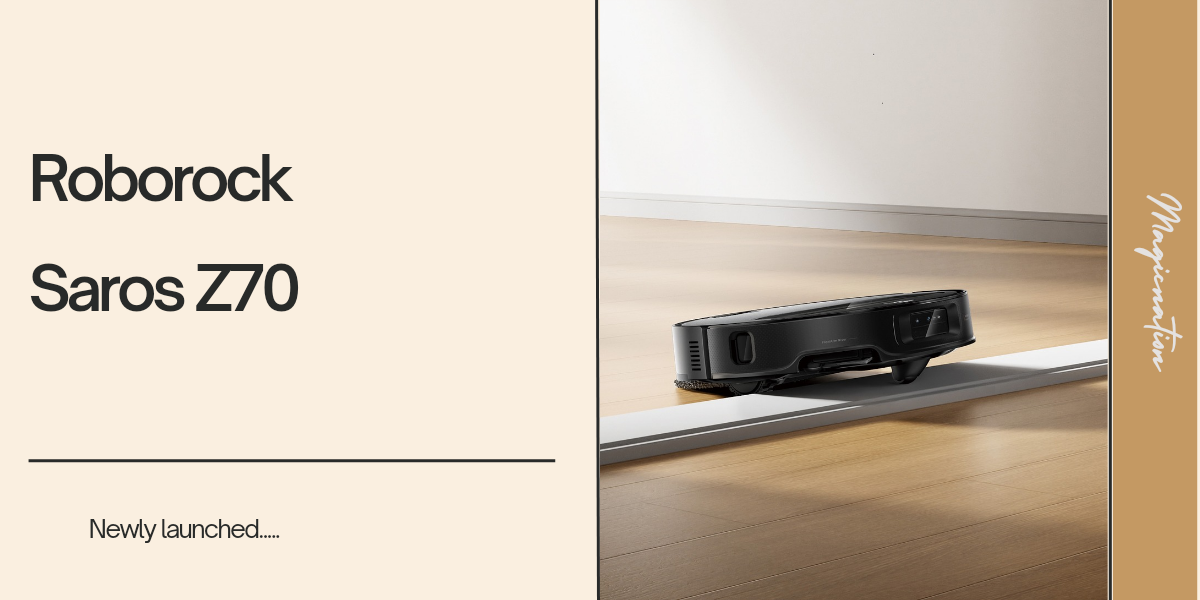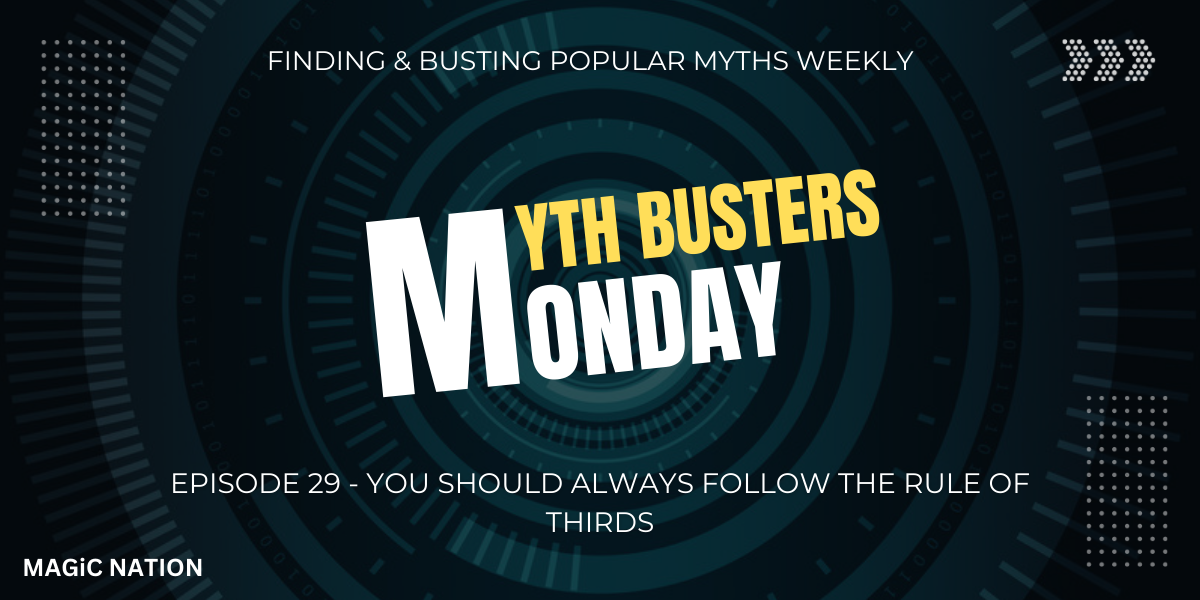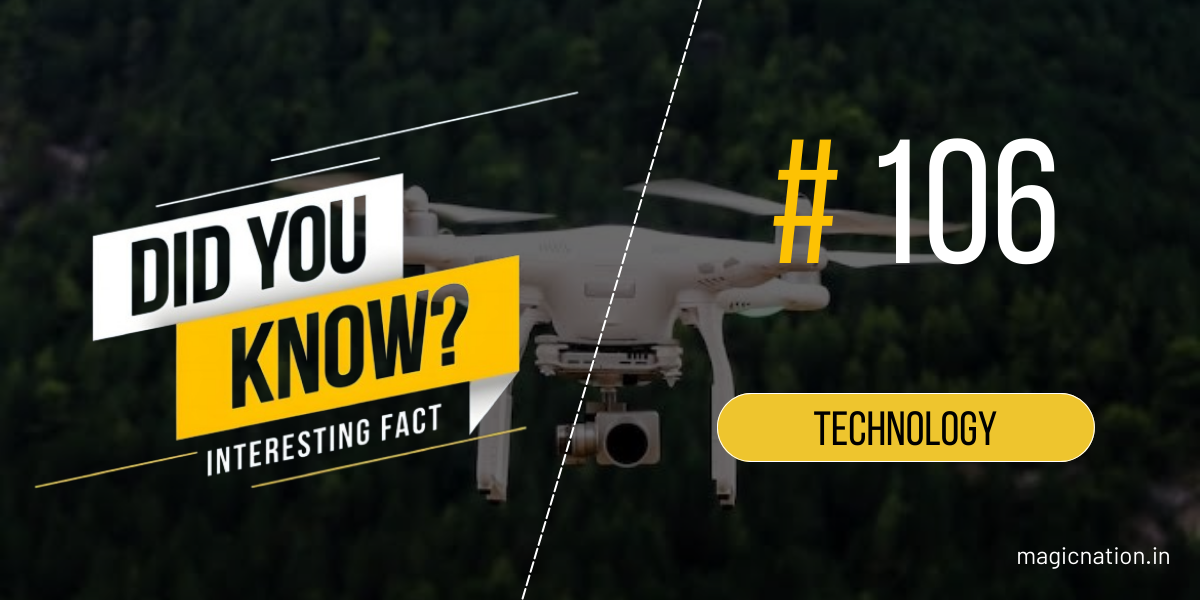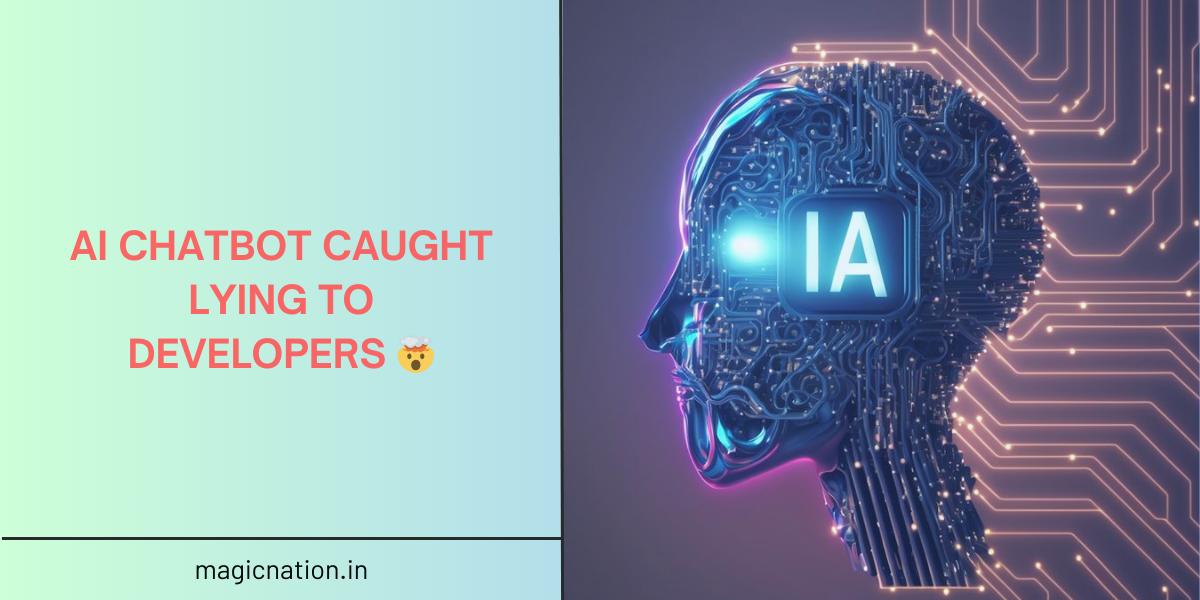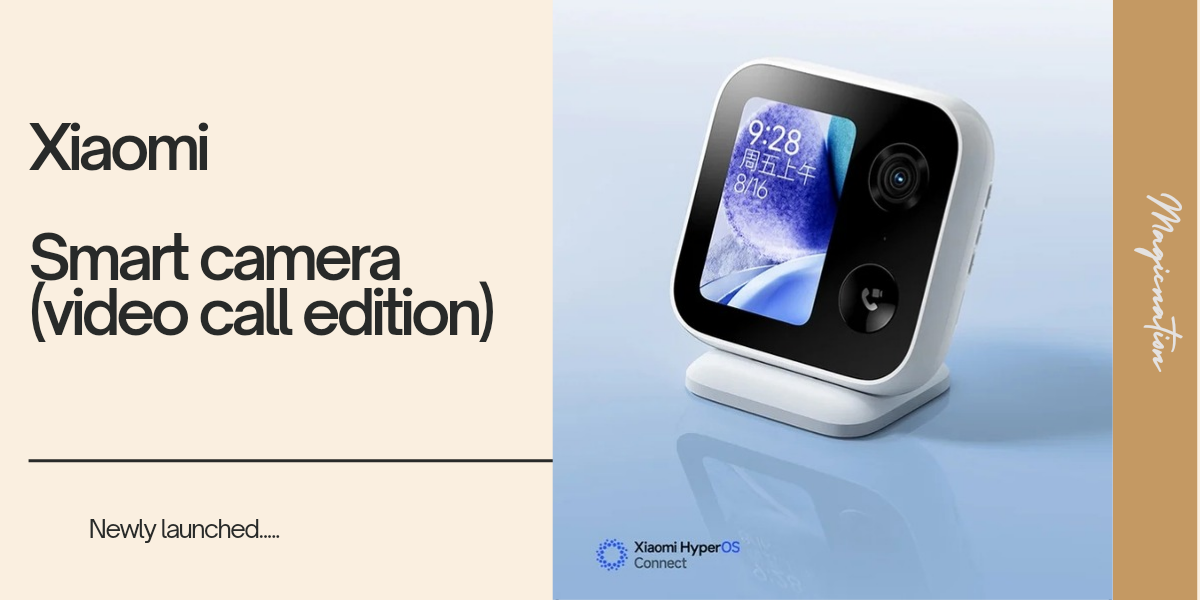How Web 3.0 Will Change the Way We Interact with the Internet
Web 3.0 is still in its early stages of development, but it has the potential to revolutionize the way we interact with the internet. Here are some key ways it will likely change things:
- Decentralization: Instead of relying on large central servers, Web 3.0 will be powered by decentralized networks like blockchains. This means that no single entity will have control over the internet, giving users more power and autonomy.
- Data Ownership: Web 3.0 will empower users to own and control their data. This is a stark contrast to the current model, where our data is often collected, sold, and used without our consent.
- Interoperability: Web 3.0 will be more open and interoperable than the current web. This means that users will be able to seamlessly move their data and applications between different platforms and services.
- Semantic Web:Web 3.0 will use semantic technologies to make the internet more machine-readable. This will allow for more personalized and intelligent experiences.
- Increased Security:The use of blockchain technology and other decentralized protocols will make Web 3.0 more secure than the current web.
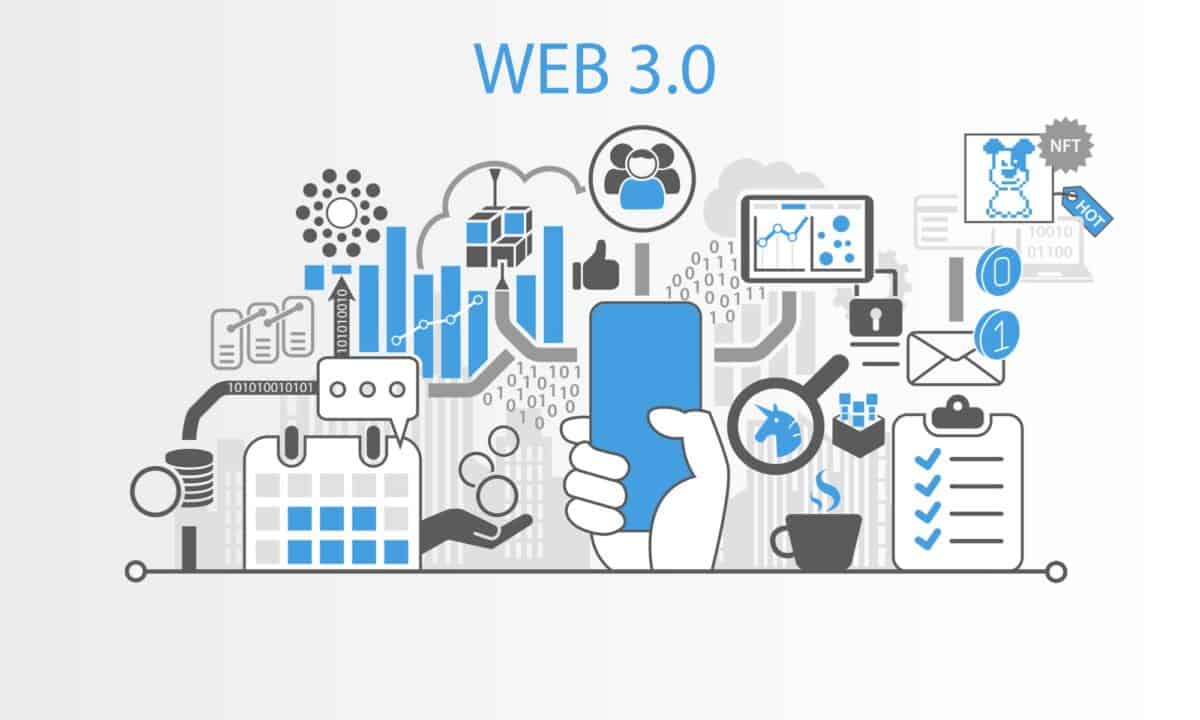
The Potential of Web 3.0 for Decentralization and Control
One of the most exciting aspects of Web 3.0 is its potential for decentralization and user control. Unlike Web 2.0, which is dominated by a handful of large corporations, Web 3.0 will be owned and operated by the community. This means that users will have more control over their data and online experiences.
Furthermore, Web 3.0 will be more resistant to censorship and manipulation. This is because it will be difficult for any one entity to control the flow of information on a decentralized network.
Challenges of Security and Interoperability
While Web 3.0 offers many potential benefits, there are also some challenges that need to be addressed. One of the biggest challenges is security. Blockchain technology, while secure, is still evolving and susceptible to attacks. Additionally, the decentralized nature of Web 3.0 makes it difficult to track and address illegal activity.
Another challenge is interoperability. Currently, different Web 3.0 applications and services use different protocols and standards. This makes it difficult for users to seamlessly move their data and applications between platforms.
Conclusion
Web 3.0 has the potential to revolutionize the way we interact with the internet. It offers a future that is more decentralized, user-controlled, and secure. However, there are also some challenges that need to be addressed before Web 3.0 can reach its full potential. Despite the challenges, the potential benefits of Web 3.0 are too great to ignore. We are on the cusp of a new era of the internet, one that is built on the principles of decentralization, ownership, and security. The future is exciting, and Web 3.0 is poised to play a major role in shaping it.



